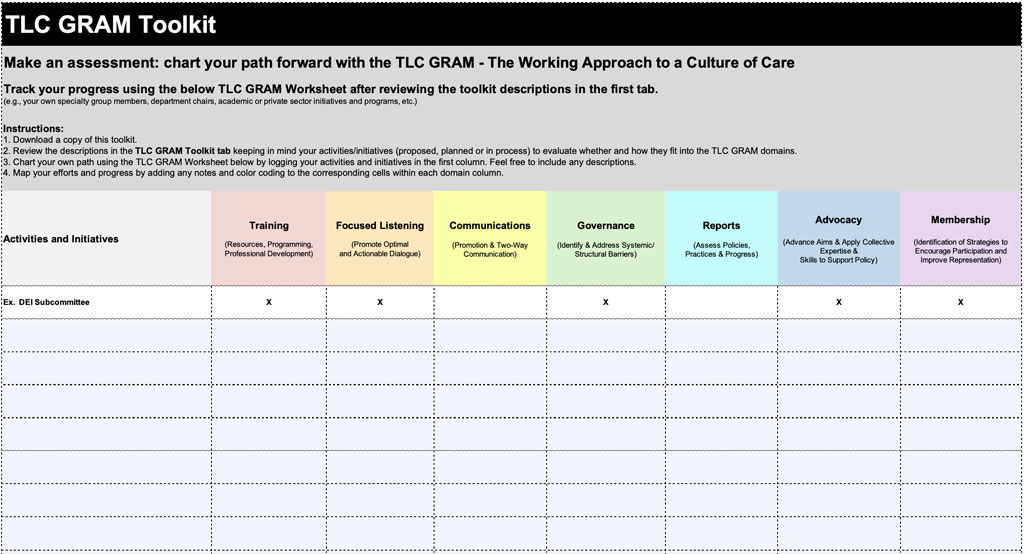Interactive JEDI Web Presence — We will maintain an interactive JEDI webpage as part of the broader AAG website to promote JEDI in Geography and enable two-way communication (e.g., a dedicated email address, anonymous suggestion box) between AAG members, AAG community leaders, JEDI committee members, and AAG staff.
AAG Newsletter — We will share JEDI information and publicize opportunities for JEDI-related engagements within the monthly AAG Newsletter.
Geography Videos — We will work with AAG communities to create and publish short videos that profile the research and community action of diverse geographers as well as research and action that promotes social justice through geography. These videos will benefit specialty and affinity groups, the AAG, and the wider discipline by showcasing how JEDI principles are intrinsic to geographic research.
Truth & Reconciliation Task Force — We recommend that AAG Council organize a task force to heal trauma/unjust past by engaging with members in defining a process to reconcile geography’s unjust past with its potential to dismantle oppression. We envision the task force’s purpose as reparative of historical trauma, while the JEDI Committee’s focus is to promote justice and equity in the present and future. With some degree of overlapping membership envisioned, the work of this task force will inform and complement the work of the JEDI Committee.
Virtual Repository — We will maintain a space as part of the interactive JEDI web presence to house resources that support knowledge sharing on issues of JEDI in geography. These may include, but are not limited to past projects (e.g., ALIGNED, JustOne Initiative), previously recorded webinars, best practices, and departmental resources (e.g., diversity-oriented recruitment, outreach, advertising materials, and a JEDI “starter pack” for chairs). To the extent possible and to avoid duplication, these efforts will be integrated with current initiatives already under way.

